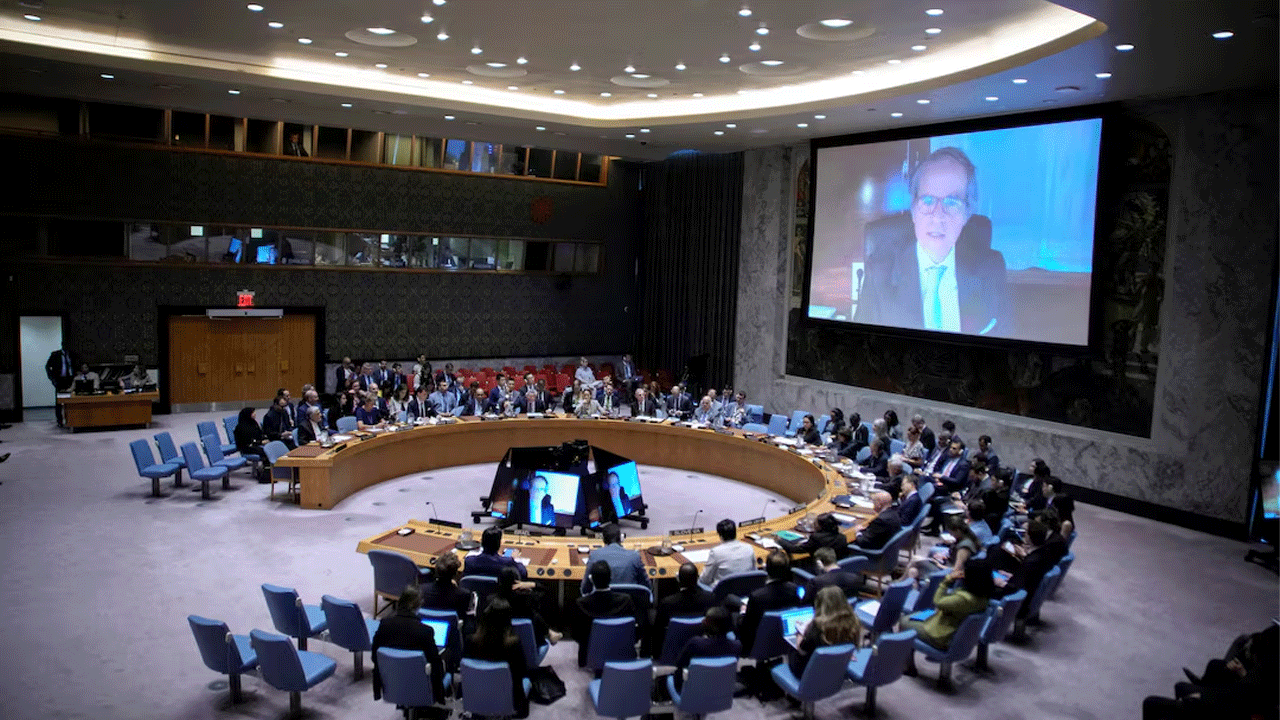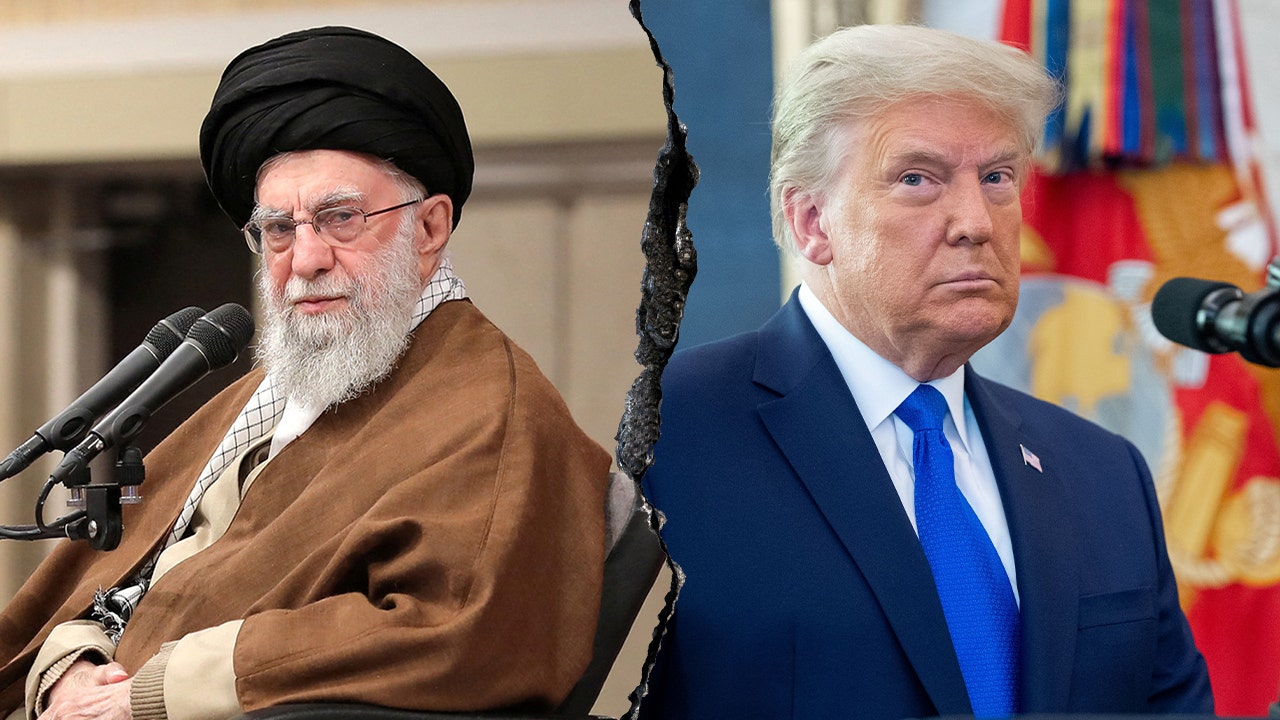Iran Accuses US Of Being Complicit In Israeli Attacks On Territory | Sahara Reporters
Iran at the meeting accused the United States of being complicit in Israel's attacks on the Islamic Republic, which Washington denied, telling Tehran at the United Nations Security Council that it would "be wise" to negotiate over its nuclear programme.
The United Nations Security Council has convened an emergency meeting to address the escalating tensions between Iran and Israel, following a series of military strikes.
Iran at the meeting accused the United States of being complicit in Israel's attacks on the Islamic Republic, which Washington denied, telling Tehran at the United Nations Security Council that it would "be wise" to negotiate over its nuclear programme.
Iran launched retaliatory strikes on Israel late on Friday after Israel attacked Iran earlier in the day.
Israel's U.N. Ambassador, Danny Danon, said Iran had been "preparing for war" and Israel's strikes were "an act of national preservation."
His Iranian counterpart, Amir Saeid Iravani, accused Israel of seeking "to kill diplomacy, to sabotage negotiations, and to drag the region into wider conflict," and he said Washington's complicity was "beyond doubt".
"Those who support this regime, with the United States at the forefront, must understand that they are complicit," Iravani told the Security Council. "By aiding and enabling these crimes, they share full responsibility for the consequences."
Iran's Foreign Minister Abbas Araghchi requested the meeting, accusing Israel of committing "grave violations" of Iran's sovereignty and territorial integrity.
In the letter to the Security Council, Araghchi stated that Israel's actions were "acts of aggression and war crimes," and warned that Iran would respond "decisively and proportionately" to the attacks.
He also emphasised Iran's inherent right to self-defense under Article 51 of the UN Charter.
Israel's UN Ambassador, Danny Danon, defended the strikes, claiming they were an act of national preservation.
He argued that Israel had been patient and waited for diplomacy to work, but intelligence suggested Iran was rapidly advancing towards producing enough fissile materials for multiple nuclear bombs.
The US, while informed of Israel's initial strikes, denied any military involvement. Senior US official McCoy Pitt urged Iran to negotiate, stating that the US seeks a diplomatic resolution to ensure Iran never acquires a nuclear weapon.
Pitt added that Iran's leadership would be wise to negotiate at this time.
IAEA Director General Rafael Grossi briefed the Security Council on the situation, highlighting that the Natanz Fuel Enrichment Plant site was attacked, resulting in the destruction of the above-ground Pilot Fuel Enrichment Plant.
Grossi expressed concern over the implications for nuclear safety, security, and safeguards, emphasising that nuclear facilities must never be attacked.
Grossi called on all parties to exercise maximum restraint to avoid further escalation and reiterated the IAEA's commitment to its nuclear safety, security, and safeguards mandate.











